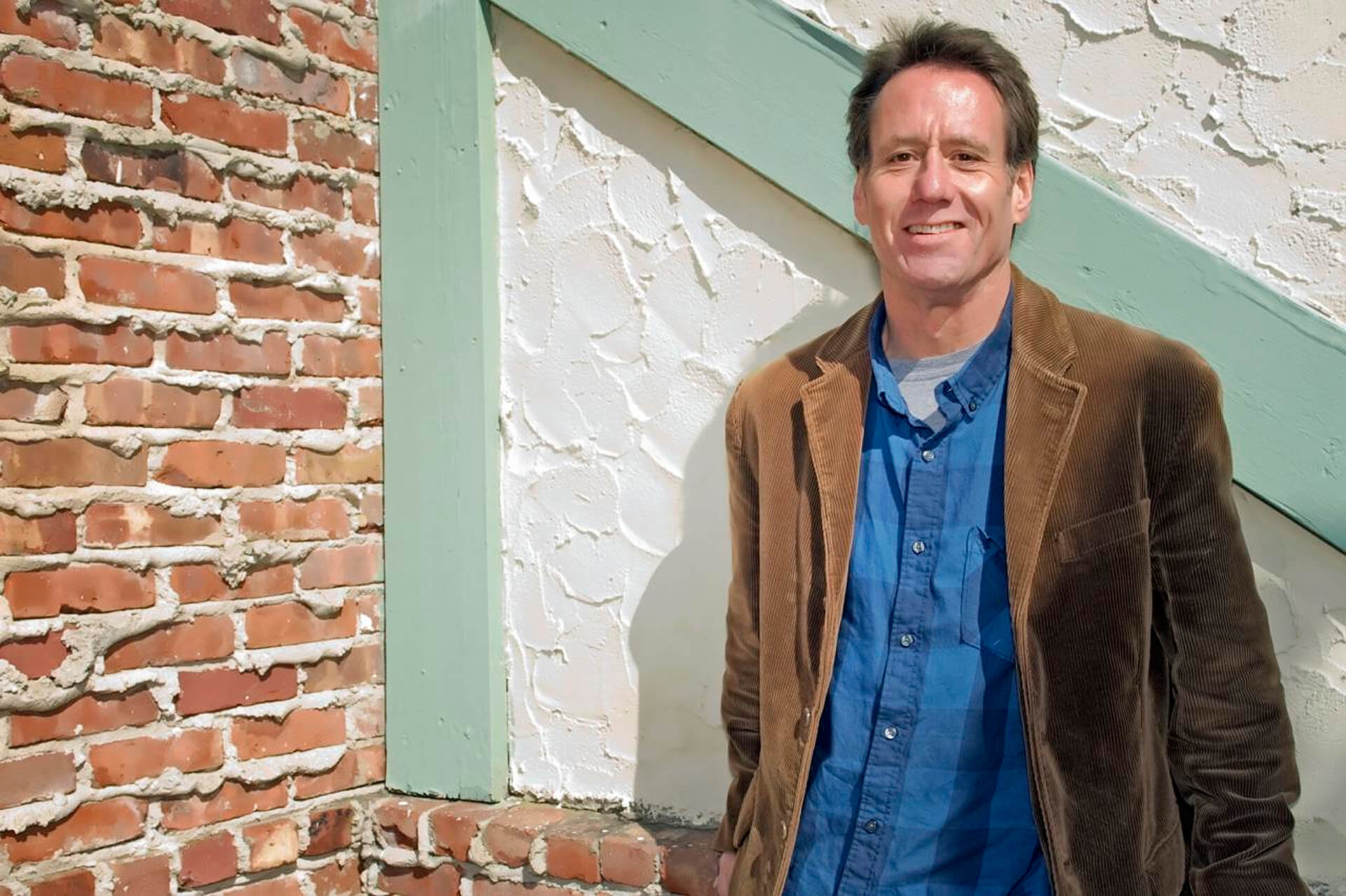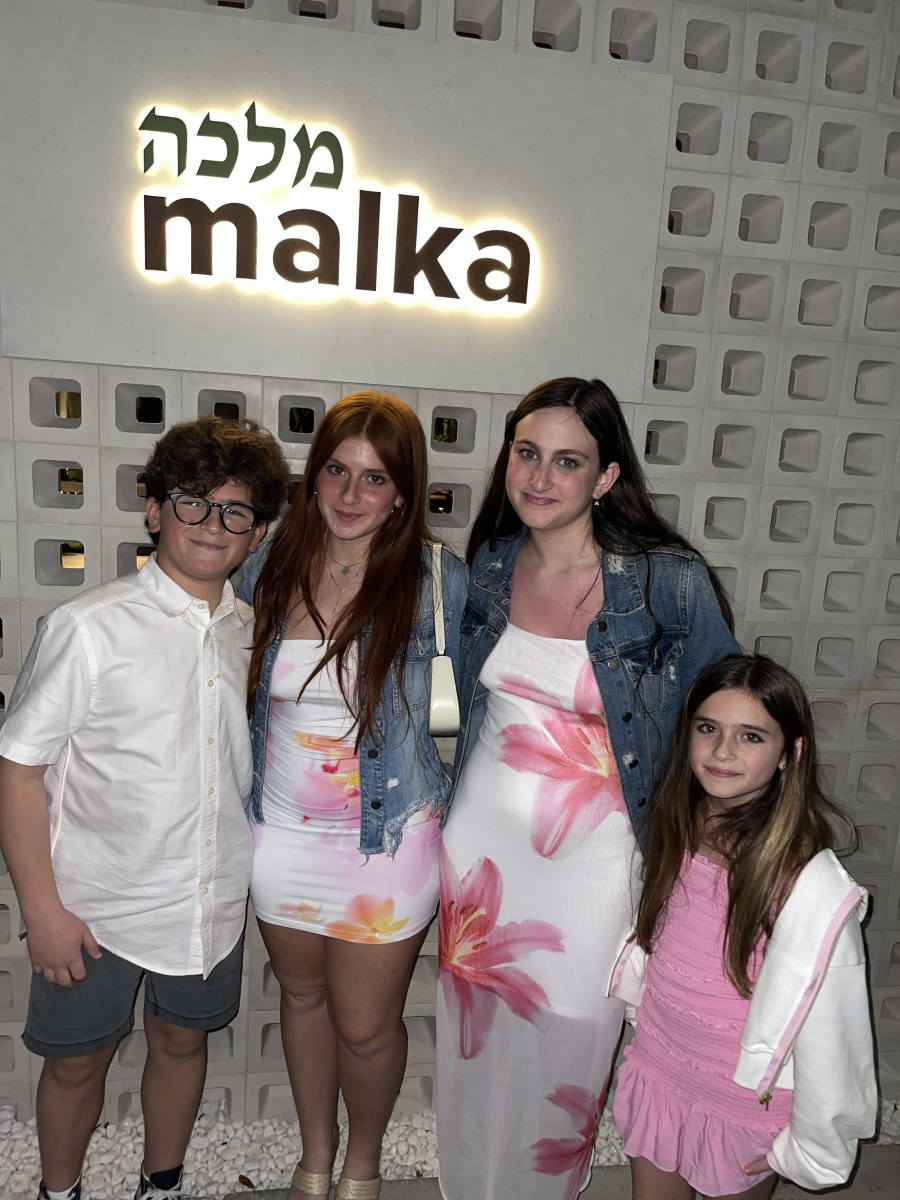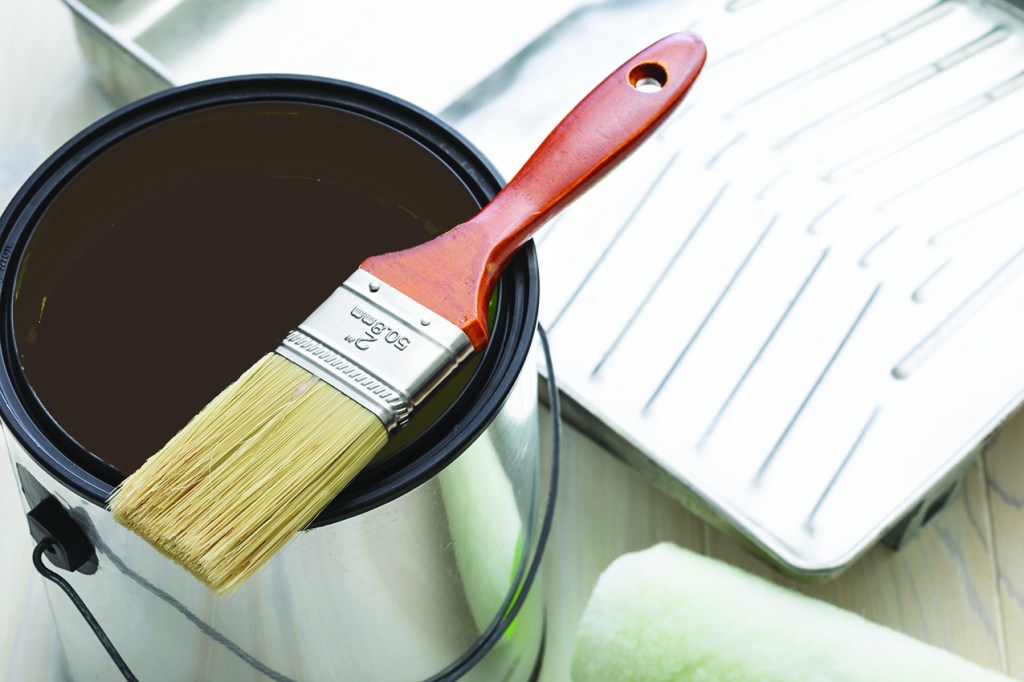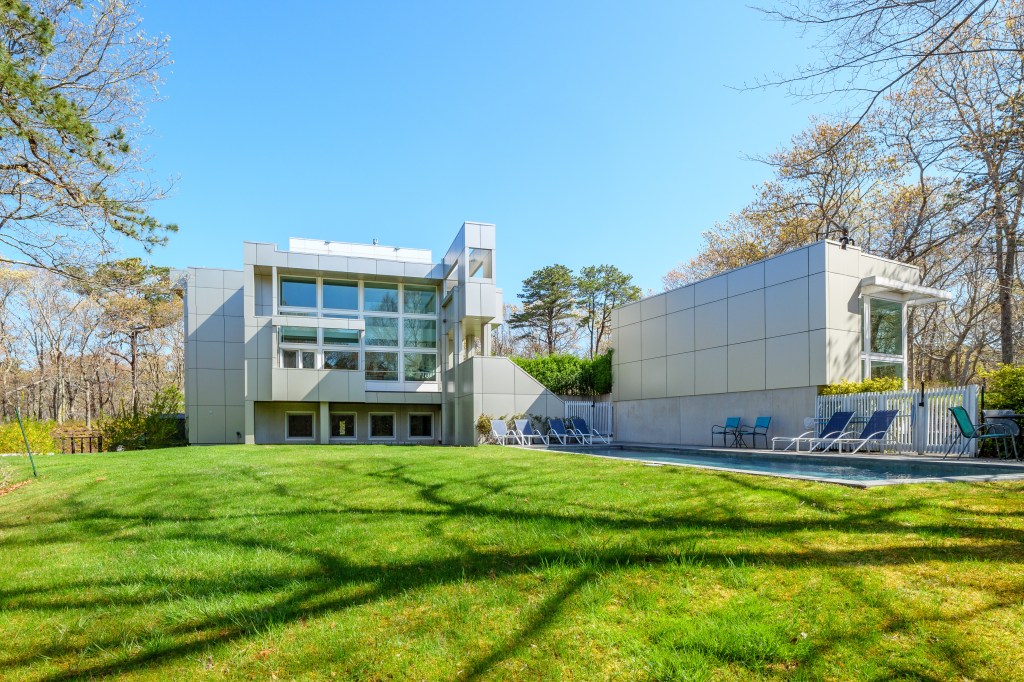Brian Cosgrove: Off The Charts

If you’re driving around between 1 and 5 PM, Monday through Saturday, and you’re listening to 88.3 WPPB FM’s “Afternoon Ramble” with Brian Cosgrove, you’ve probably got your trigger finger on the Shazam button as songs come on that you know you know, but that you can’t quite place.
Listening to “Afternoon Ramble” brings a feeling of familiarity, of glory days and summer nights, with just enough diversity to push the envelope and make you think.
And it would be a difficult task indeed to live on the East End and say that you’ve never heard Brian Cosgrove’s voice on the radio.
Cosgrove has hosted “Afternoon Ramble” — a mix of everything from Billie Holliday to Badfinger, John Prine to Father John Misty, along with songs by new artists and local singer-songwriters — since 2007. Before he came to National Public Radio’s Peconic Public Broadcasting, he had been the morning host at 92.9/96.9 WEHM FM, starting there in 1997.
And before that, it was 98.5 WDRE FM. And before that, it was WLIR (which merged with DRE). “Essentially, since I went into commercial radio, I’ve been heard out here,” Cosgrove said.
So, come on. You know you’ve heard him.
Cosgrove likes to describe his show as “consistent but unpredictable,” which is right on the button. That Shazam button.
He also hosts “Paper Talk,” a feature he started back at WEHM, when he speaks with different local newspaper editors throughout the week about what’s of interest in their papers.
During his decade at EHM, while hosting the morning show, Cosgrove was also the music director, then the director of programming, before finally becoming the operations manager. “I was there for 10 years and it was great,” he said.
But, Cosgrove admits, “I got worn down. It was no one’s fault. There were six general managers during my time there. Every time there was a new GM, there was a new philosophy. I had the pleasure to work with some GMs who appreciated the creative aspect, but a lot of it was bottom line stuff.”
Doing a morning show for 10 years, five days a week, also took its toll on him. “I just got burnt out,” he acknowledged. So, what to do? “Loving the East End, I had to think: what is going to be the best move where I can run my clock out in radio? And I thought, you should go to an NPR station,” he said.
WPPB, at the time, was still located at Southampton College, and was a jazz station. “I always liked jazz, but as I found myself taking a crash course in it,” he said, “I learned to love it.” He schooled himself — “woodshedding” — watching Ken Burns’s Jazz documentary, listening to John Coltrane, Dave Brubeck, Miles Davis, and Thelonius Monk.
The station, now located on Hill Street in Southampton Village, has moved on from its strictly jazz format. It now features other local hosts — Bonnie Grice’s “Eclectic Café” rules the mornings; Friday nights are dedicated to Ed German’s “Friday Night Soul and the Urban Jazz Experience;” Michael Mackey brings local news and weather in short bursts throughout each day; and Ann Liguori hosts a Saturday sports show. Cosgrove still plays music rooted in Americana, blues and jazz, folk, standards, and even country.
Other national NPR shows include “Morning Edition,” “Fresh Air,” and Sag Harbor’s own Judy Carmichael’s “Jazz Inspired,” along with NPR News on the hour, which was named in the 2017 Harris Poll EquiTrend Study as “News Service Brand of the Year.” The national study, which measures the opinions of 100,000 consumers and 4000 brands, found NPR News to be the most trusted news source, followed closely by the BBC.
“There’s nothing like NPR,” Cosgrove said. “It’s off the charts.” In more ways than one. WPPB is not just eclectic in the mornings. A click on the dial to 88.3 FM can find shows featuring Broadway hits, full-on opera, engaging storytelling hours like “The Moth,” and more.
But for the local hosts, one of the most important and grueling times of the year is coming up; the fund drive, which this season runs from June 25 to June 30. Wally Smith, the station’s president, started in public broadcasting in 1972. “I’ve been doing semi-annual fund drives through that entire period,” he recalled.
As far as WPPB is concerned, “They’re critical. The fund drive has really become the continuity of our operating revenue, and operating revenue is always the most difficult to generate. I can usually find someone to finance a new tower,” said Smith, but the sex appeal diminishes “when I say we need to make payroll.”
Unlike just about every other non-profit out here, NPR doesn’t hold a hot-ticket gala event with celebrity auctioneers and enticing items up for grabs, tempting those who want to eat finger foods and be seen.
Instead, it hosts an earnest appeal to the listeners who make up its base to continue to support the station they listen to the most. “We try to do it in a way that doesn’t destroy the continuity of the shows people tune into,” Smith said, adding with a smile, “Even we know it can become annoying.”
The drive usually features guest appearances by local musicians and even the occasional big name or two.
“I think some people might think of NPR as podcasts and a website, and that’s not it,” said Cosgrove. “It’s a bunch of local stations that pay to become a part of National Public Radio. There never would have been a ‘Car Talk’ if it hadn’t started at a local NPR station. The fact is, you can get other NPR stations on the dial, but we’re the only one on Long Island.”
“The East End of Long Island is such a unique place. It blows my mind. And it needs its own NPR station,” Cosgrove continued. “Between satellite and Pandora and all the other choices out there, you can kind of copy the commercial radio format. But nothing can replace public radio. You just can’t replicate it on your own.”
For more information and to donate, visit www.peconicpublicbroadcasting.org.
bridget@indyeastend.com



